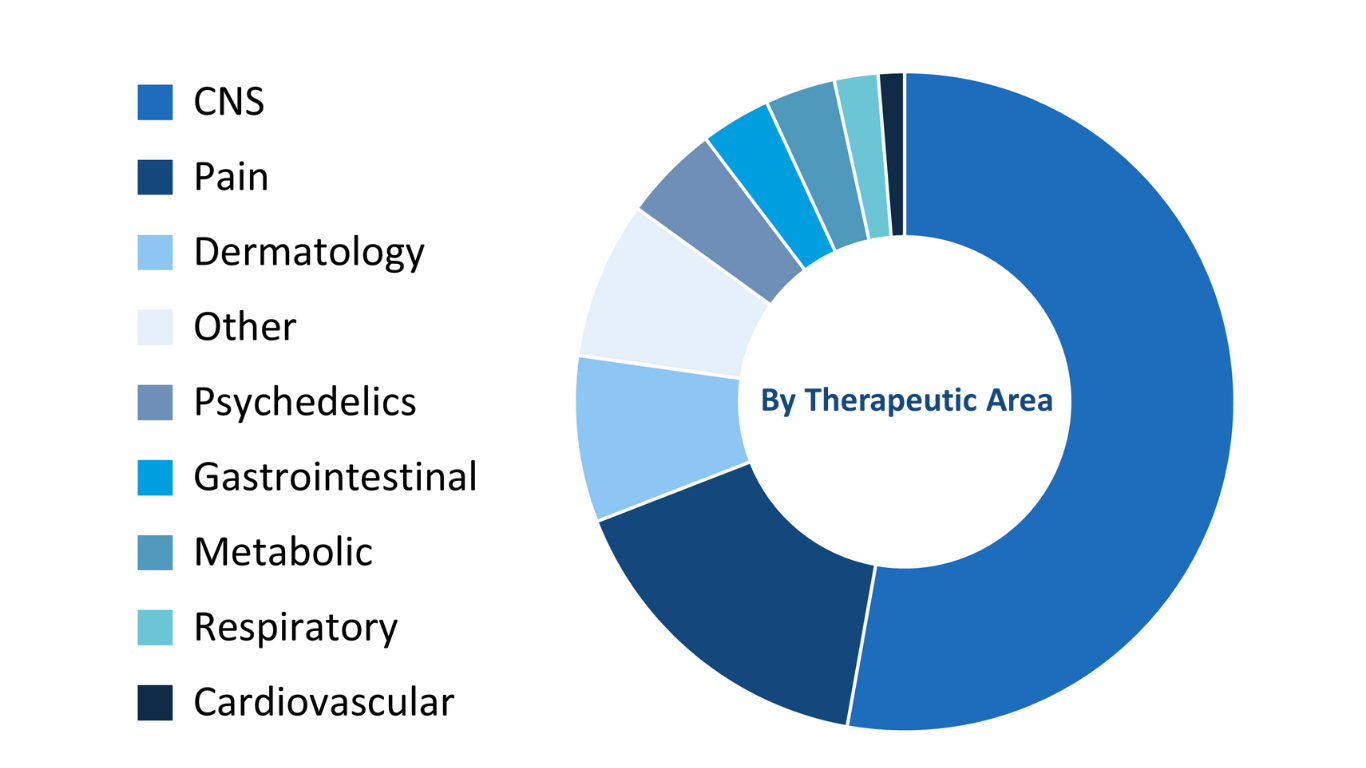
Abstract
Dementia (most notably, Alzheimer’s Disease) is often associated with impairments of both working memory and inhibitory control. However, it is unclear whether these are functionally distinct impairments. We addressed the issue of whether working memory and inhibitory control can be dissociated using data from a sample of patients who were recruited in a longitudinal study (Crawford etal., 2013, 2015). The first case revealed a preserved working memory capacity together with poor inhibitory control in the anti-saccade task. A longitudinal follow-up revealed that the defective inhibitory control emerged 12-months before the dementia was evident on the mini-mental state examination assessment. A second case revealed a poor working memory together with a well-preserved level of inhibitory control.
The dissociation of working memory and inhibitory control was confirmed statistically in 7 additional cases. These findings yield converging evidence that working memory and inhibitory control are distinct cognitive operations and challenges the Kimberg and Farah (2000) cognitive model of working memory.









